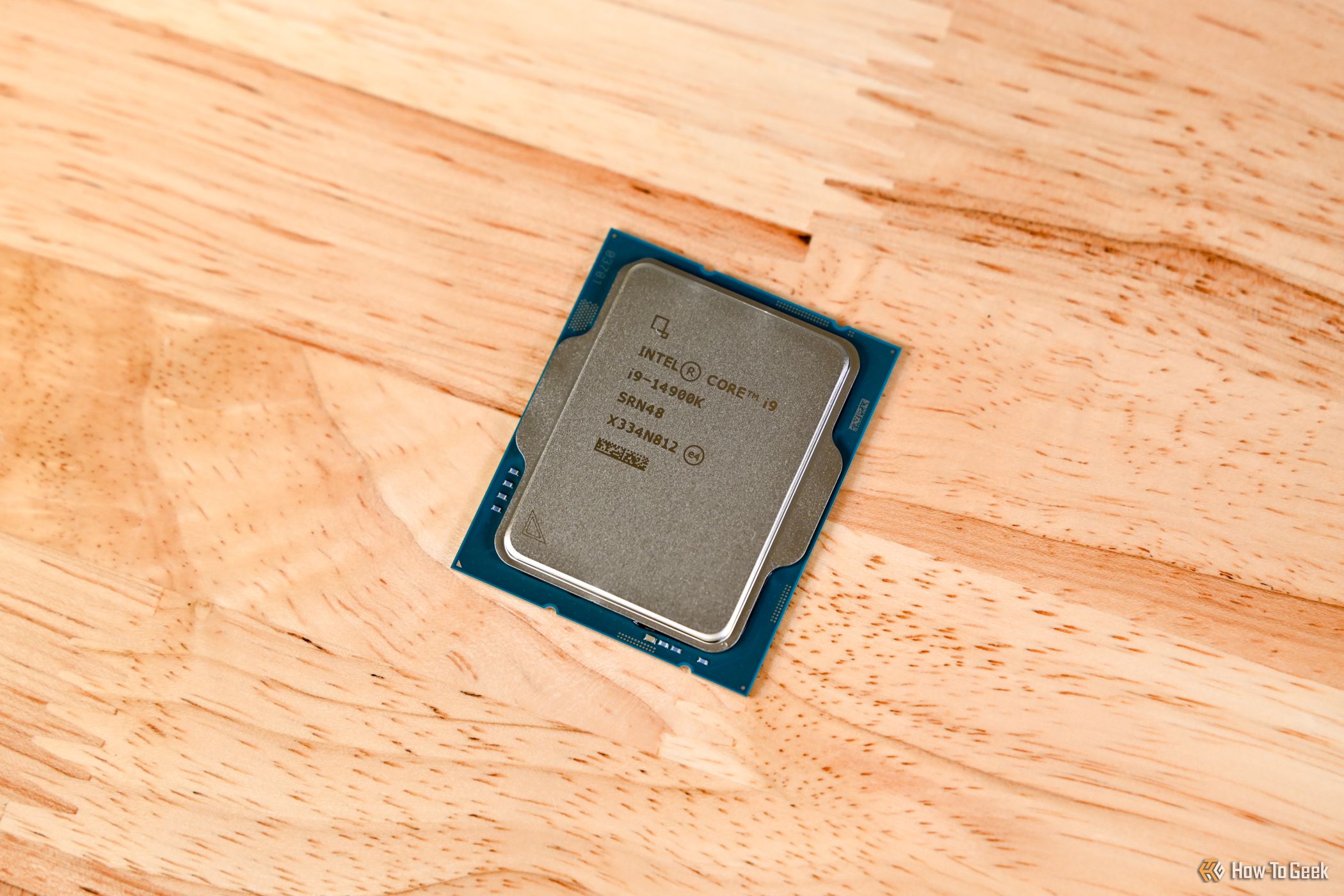Intel has been going through a turbulent few days, as a voltage problem is affecting a large amount of its processors. Now, a final update is rolling out that should fix affected chips, as long as they haven’t been damaged already.
Both ASUS and MSI have released beta BIOS updates that, while not a cure for already damaged CPUs, include Intel’s latest microcode update aimed at mitigating the instability issues. This development could mark a crucial turning point for Intel, whose reputation took a hit earlier this year when their flagship chips were found to be prone to crashing. The situation worsened when it was discovered that the issue was so bad that chips were getting permanent physical damage, with Intel infamously saying that it wouldn’t be recalling them. For now, affected customers still need to deal with warranty to get a replacement.
The beta BIOS updates from ASUS and MSI can be found on their respective websites. We generally tell you that you shouldn’t install beta updates and that’s especially true for more sensitive software such as your computer’s BIOS, but in this specific case, the issue seems so bad that you should probably install it now. Recent updates should at least include Intel’s recommended power delivery profiles, potentially reducing the risk of chip damage.
Intel has assured users that these BIOS updates should not impact performance, and reviewers are already working to verify this claim. It’s important to point out that if you have the chips and this issue has been affecting you for some time, and there’s already chip damage, then this update won’t fix it—this is just to prevent further damage or prevent damage with newer chips. If you have any issues with physical chip degradation, you should reach out to Intel right away for a proper replacement. The company has also extended its warranty on several 13th and 14th Gen CPUs by two years.





